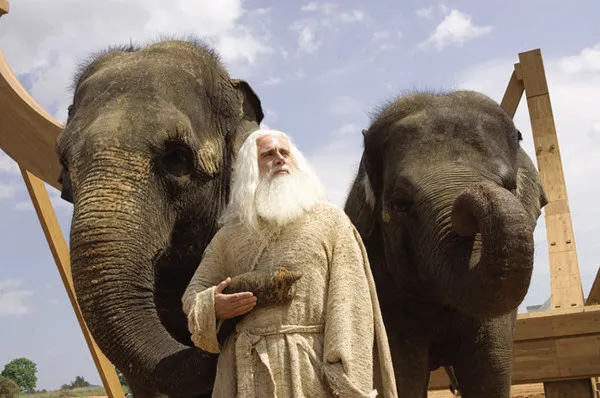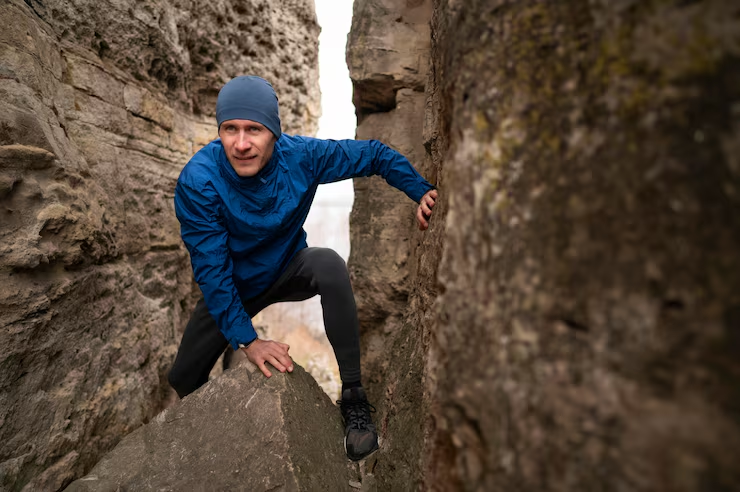By Rabbi Evan J. Krame
Sitting in a vegetarian restaurant in Lisbon, I look to my left and right. The couple to our left seems to be Jewish. Two tables to our right, another couple is unmistakably Jewish. We often have a kind of ethnocentric radar—“Jew-dar,” if you will—for identifying our people. It’s as old as the Bible.
In Parshat Pinchas, Moses and the priest Elazar conduct a census of men over the age of twenty. Their mission is to prepare for war against Midian. Tribe by tribe, clan by clan, leader by leader, they count the Hebrew men. The Torah devotes 50 verses to recording their names and numbers. With such a vast population, it’s likely that most people didn’t even know their neighbors.
Modern-day travel has its own version of that ancient census. When we’re abroad, many of us instinctively scan the room, setting up our inner “Jew-dar.” If we’re reasonably sure someone is Jewish, we may strike up a conversation. That’s what happened at our restaurant. We began chatting with the couple to our left, who turned out to be from Toronto. We compared dining experiences, and I casually mentioned that I don’t eat meat outside the home. We soon learned they live down the block from a synagogue and share the same concerns about anti-Semitism in Canada that we have in the United States.
There’s something deeply familiar about discovering other Jews when we travel. I’ve heard that on cruises, people who rarely attend Shabbat services at home will show up to the onboard service—just to see who else is Jewish. It’s not merely curiosity; it’s a kind of informal census. We want to know who’s around. We want to know who we can count on.
The census in the Torah was about preparing for battle. Our instinct to identify other Jews may also stem from a need to prepare. Yes, there’s joy in bumping into someone who knows your cousin or went to USY with your sibling. That nostalgic clannishness is part of our culture. But there’s more to it. I suspect our curiosity also comes from an ancient, perhaps subconscious, sense that we need each other in times of uncertainty. We find comfort—and even a sense of safety—in the presence of fellow Jews. Even if we have little in common with the couple from Toronto, we felt uplifted simply knowing they were there.
While on vacation, far from the familiarity of home, we recreate Moses’ census by quietly counting our people. The joy in discovering fellow Jews satisfies a deep-seated need: the reassurance that we are not alone, no matter where we go.





